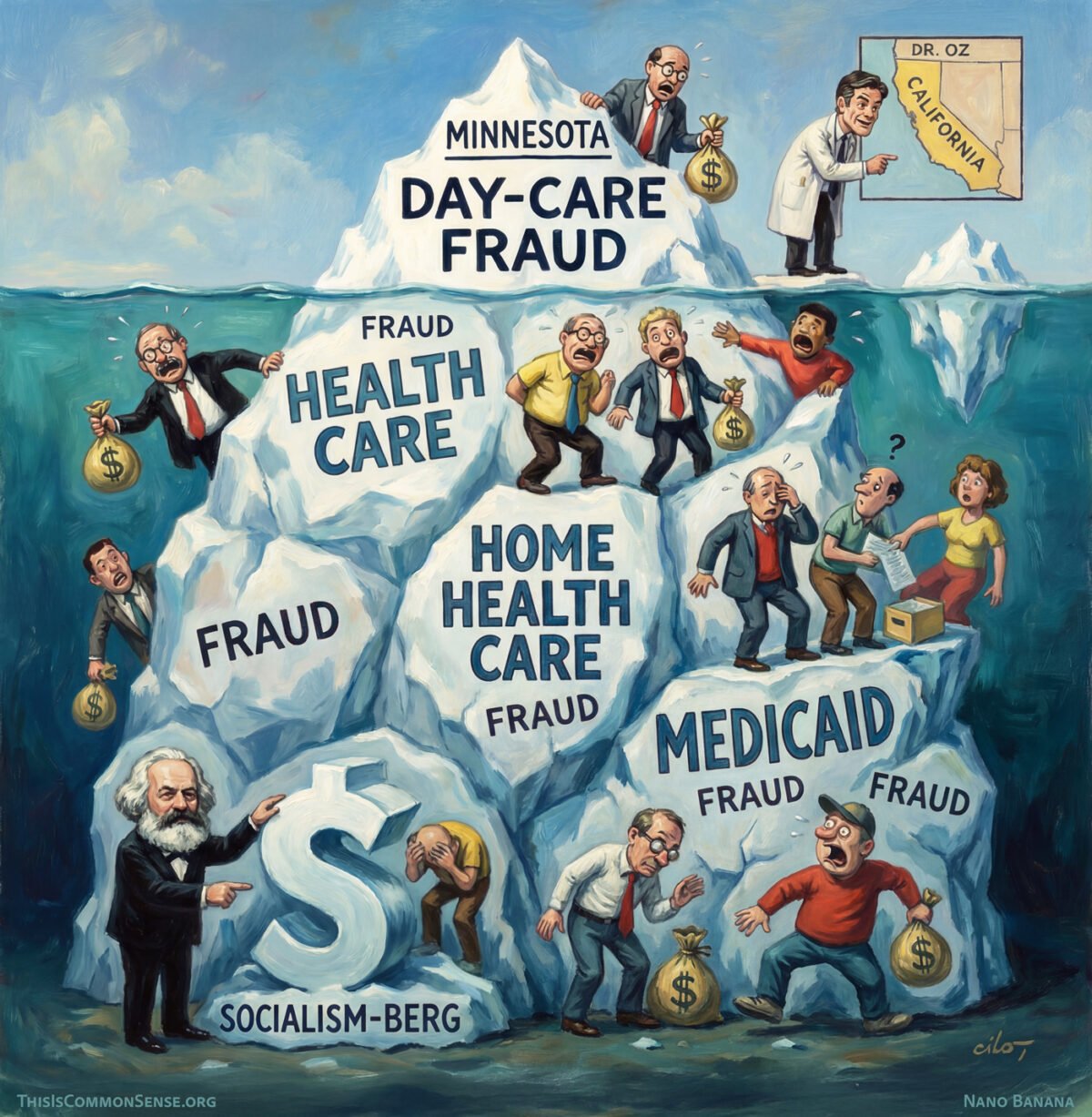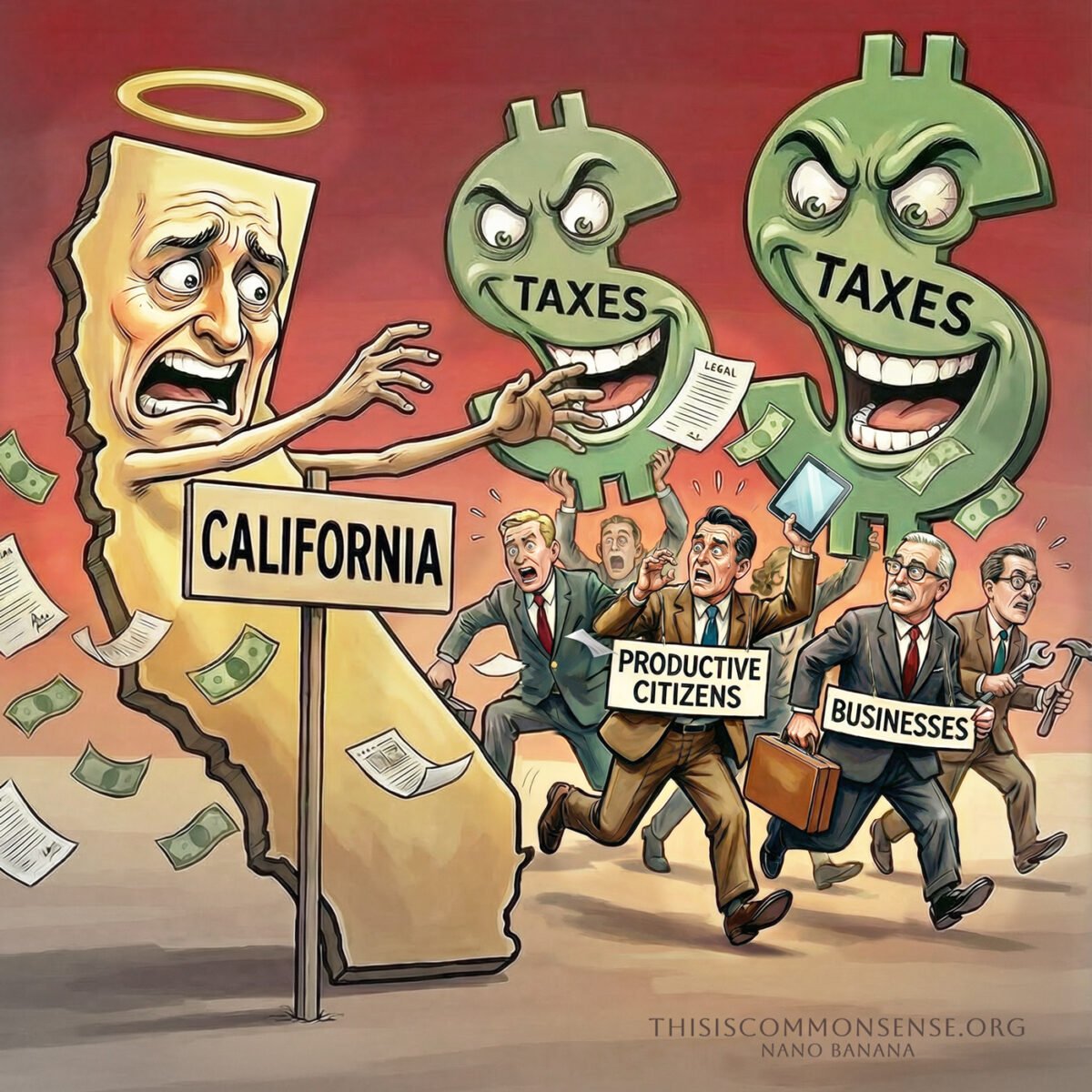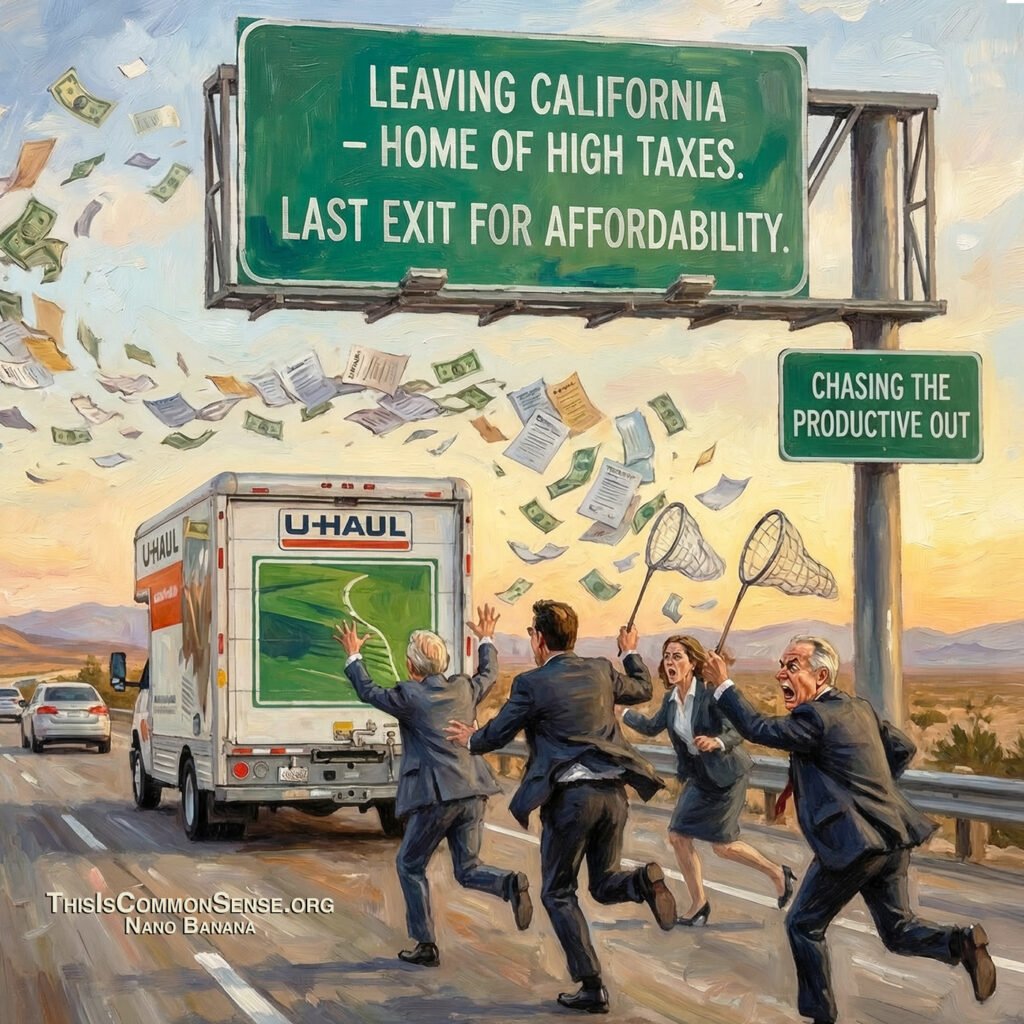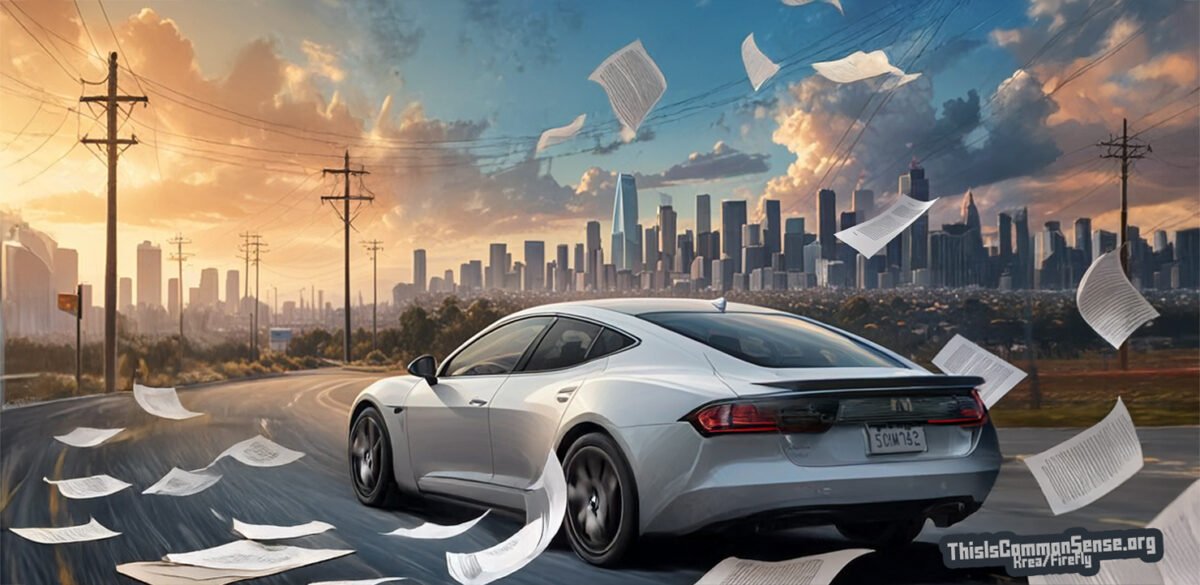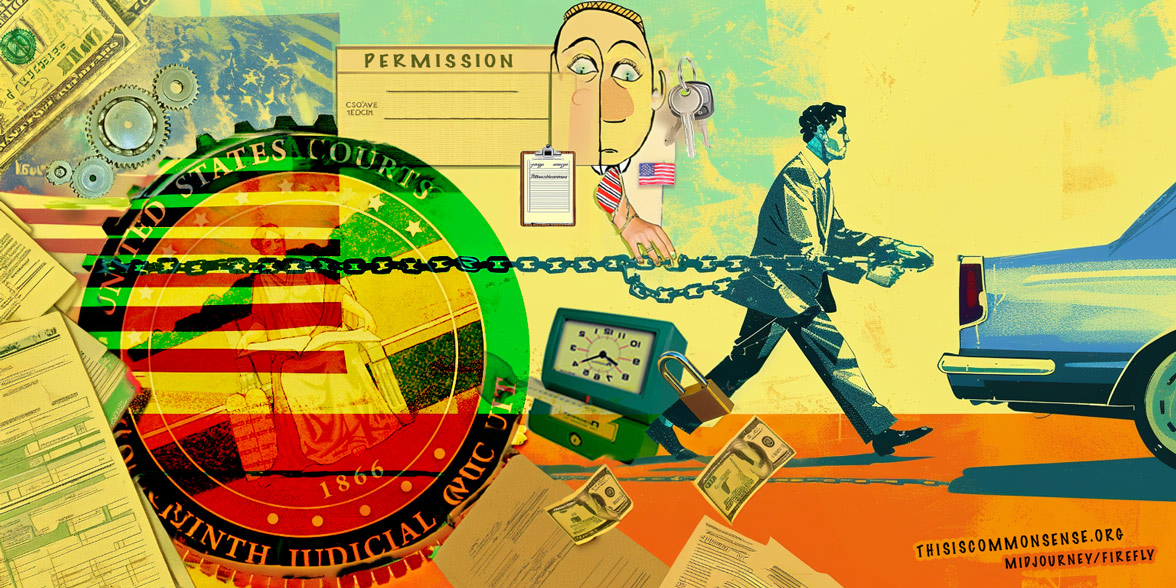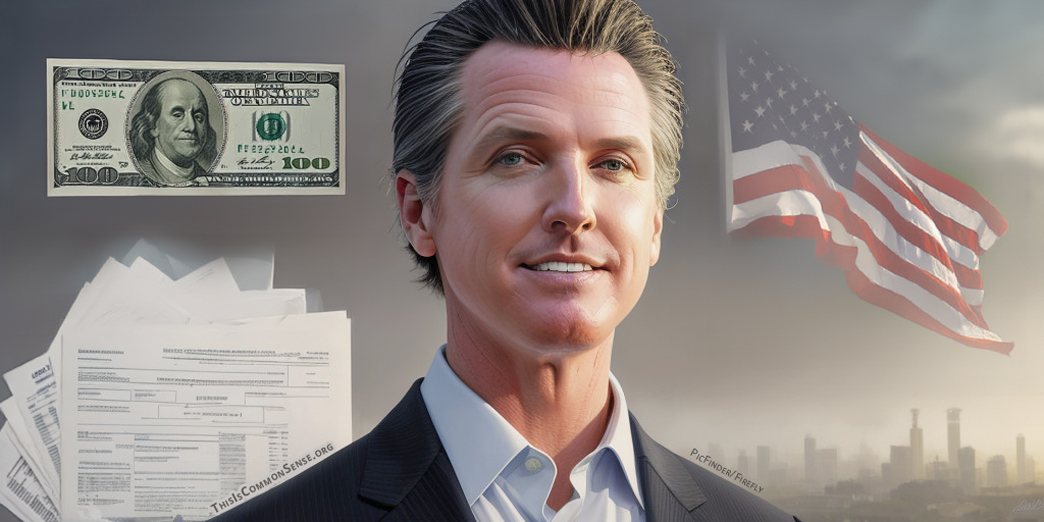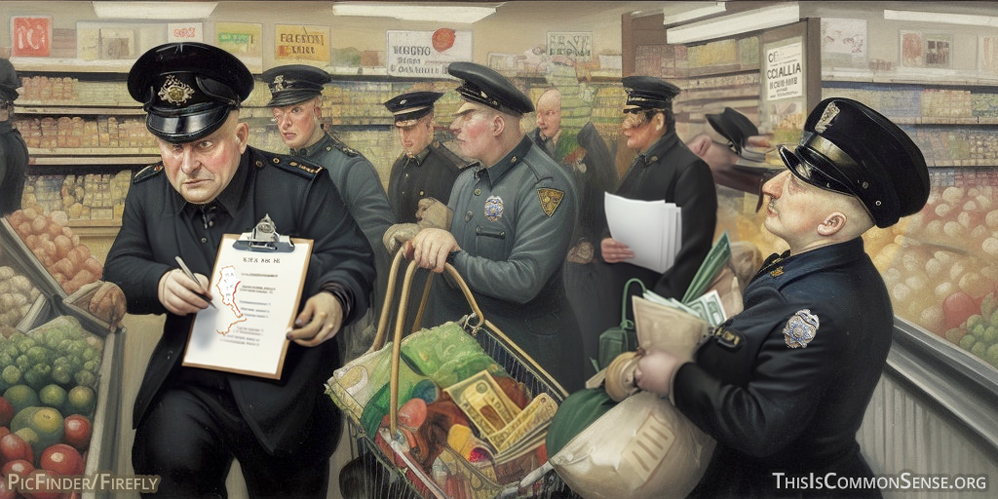Ten days ago, I quoted Veronique de Rugy, warning that Minnesota’s day-care fraud scandal was “only the tip of the iceberg.”
Beyond subsidized daycare? Health care, home health care, Medicaid.
Fraud, fraud, fraud.
But it wasn’t just a lone Reason scholar saying it. “What we’re seeing in Minnesota … is dwarfed by what I saw in California,” The Epoch Times quotes Dr. Mehmet Oz, administrator of the Centers for Medicare and Medicaid Services.
Minnesota, Dr. Oz said, “is just the tip of the iceberg.”
Just in California’s hospice and home health care, Oz figures, fraud rockets up to at least $4 billion.
Add a few billion here and there and soon you’re talking real money.
I titled my commentary quoting Ms. de Rugy “The Tip of the Socialism-berg.” Remember Mr. Socialism? Karl Marx? He introduced to the world a complicated, rather magical theory of exploitation in market society focusing on “surplus value.” While I have trouble making heads or tails of his theory — seems utterly nuts — I do know something about its origin.
Marx nabbed it from classical liberal French scholars who preceded him. But they said the exploitation was through government mechanisms: it’s those who skim off of taxes who exploit the masses.
Marx turned it upside down.
So let’s turn things right-side up: we all know that when it comes to policy, good intentions don’t make up for bad consequences. And those who de-fraud the taxpayers don’t have “good intentions.”
They’re thieves.
This is Common Sense. I’m Paul Jacob.
Illustration created with Nano Banana
See all recent commentary
(simplified and organized)
See recent popular posts
